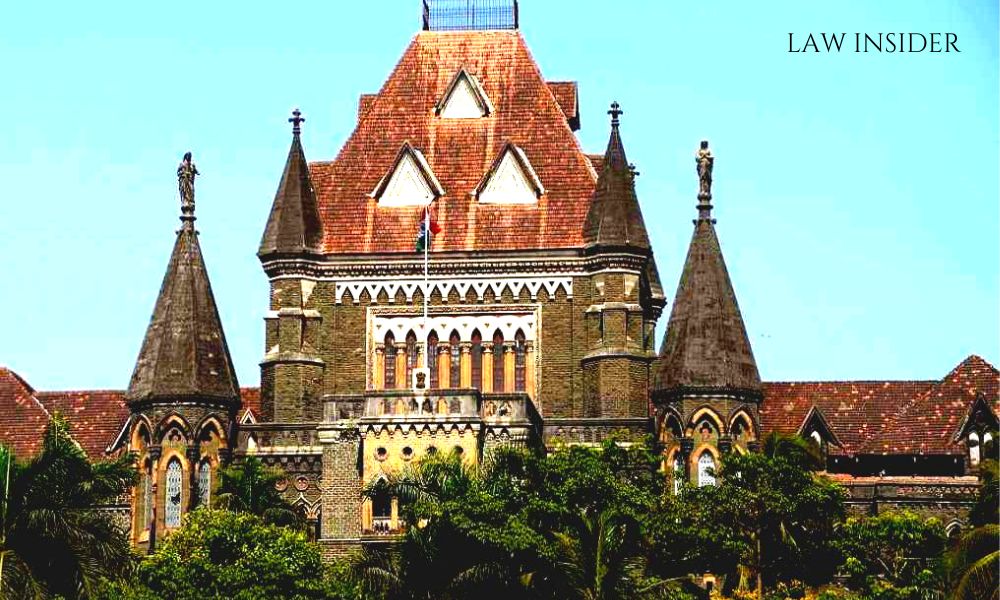LI Network
Published on: December 21, 2023 at 11:58 IST
The Bombay High Court, sitting as a Full Bench, declared on Tuesday that victims cannot file appeals under Section 14-A of the Scheduled Castes and Scheduled Tribes (Prevention of Atrocities) Act, 1989 (SC/ST Act) against acquittal or bail in cases involving offenses under both the SC/ST Act and the Protection of Children from Sexual Offences Act, 2012 (POCSO Act).
The Full Bench, consisting of Justice Mangesh S Patil, Justice Vibha Kankanwadi, and Justice RG Avachat at Aurangabad, addressed a reference by a Single Judge during an anticipatory bail application.
The ruling clarified that in such cases, victims must appeal under the CrPC’s Section 372 proviso.
The Court emphasized that the victim’s right to appeal lies against orders acquitting the accused or convicting for a lesser offense. The judgment explained that Section 14-A of the SC/ST Act does not grant the victim the right to appeal in cases involving both Acts, and the CrPC provisions apply.
The case involved Aniket Labade, accused under various IPC sections, the POCSO Act, and the SC/ST Act. His anticipatory bail application was denied, leading him to approach the High Court.
The victim’s mother argued that Section 14-A(2) of the SC/ST Act provides an appeal remedy against bail orders, making the CrPC application improper.
The Full Bench clarified that Section 42A of the POCSO Act prevails over Section 14-A of the SC/ST Act in the context of bail decisions. It explained that Special Courts under the POCSO Act possess jurisdiction over cases involving both Acts, and only they can deal with such matters.
The Court underscored that Section 31 of the POCSO Act subjects proceedings before Special Courts to CrPC provisions, including those related to bail. However, neither the POCSO Act nor the CrPC provides an appeal remedy against bail decisions by such courts.
Consequently, the Full Bench concluded that victims in cases involving offenses under both Acts lack the right to appeal under Section 14-A of the SC/ST Act.
The judgment asserted that the POCSO Act, as the later enactment, takes precedence, granting jurisdiction to Special Courts constituted under it over offenses under both Acts. The case will now be reconsidered by a Single Judge on its merits.
Case Title: Aniket s/o Shahadev Labade v. State of Maharashtra and Anr.

